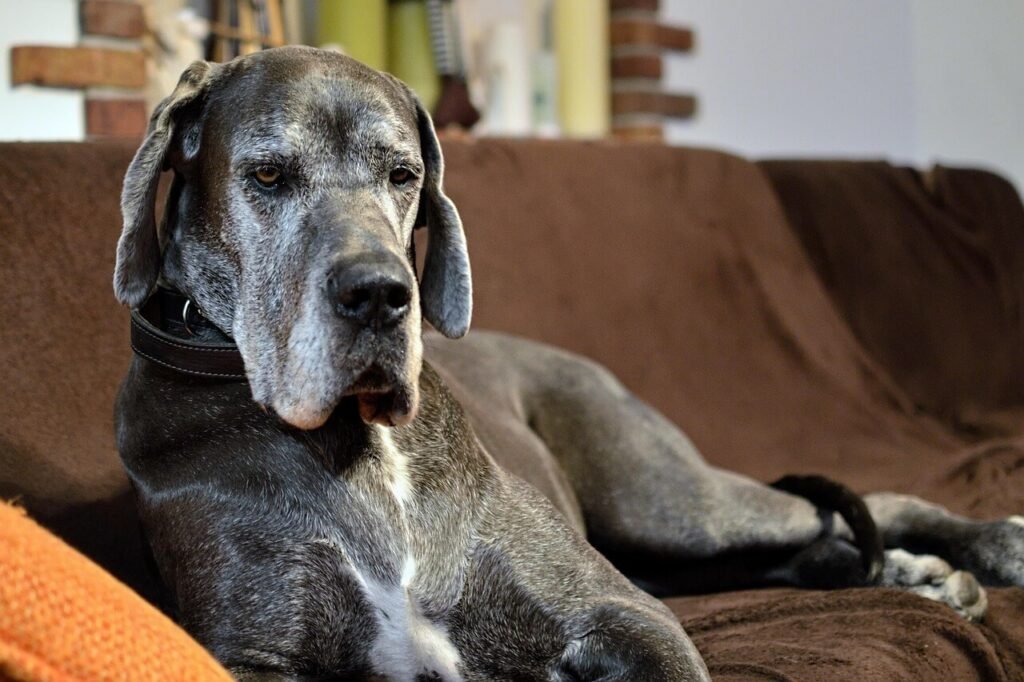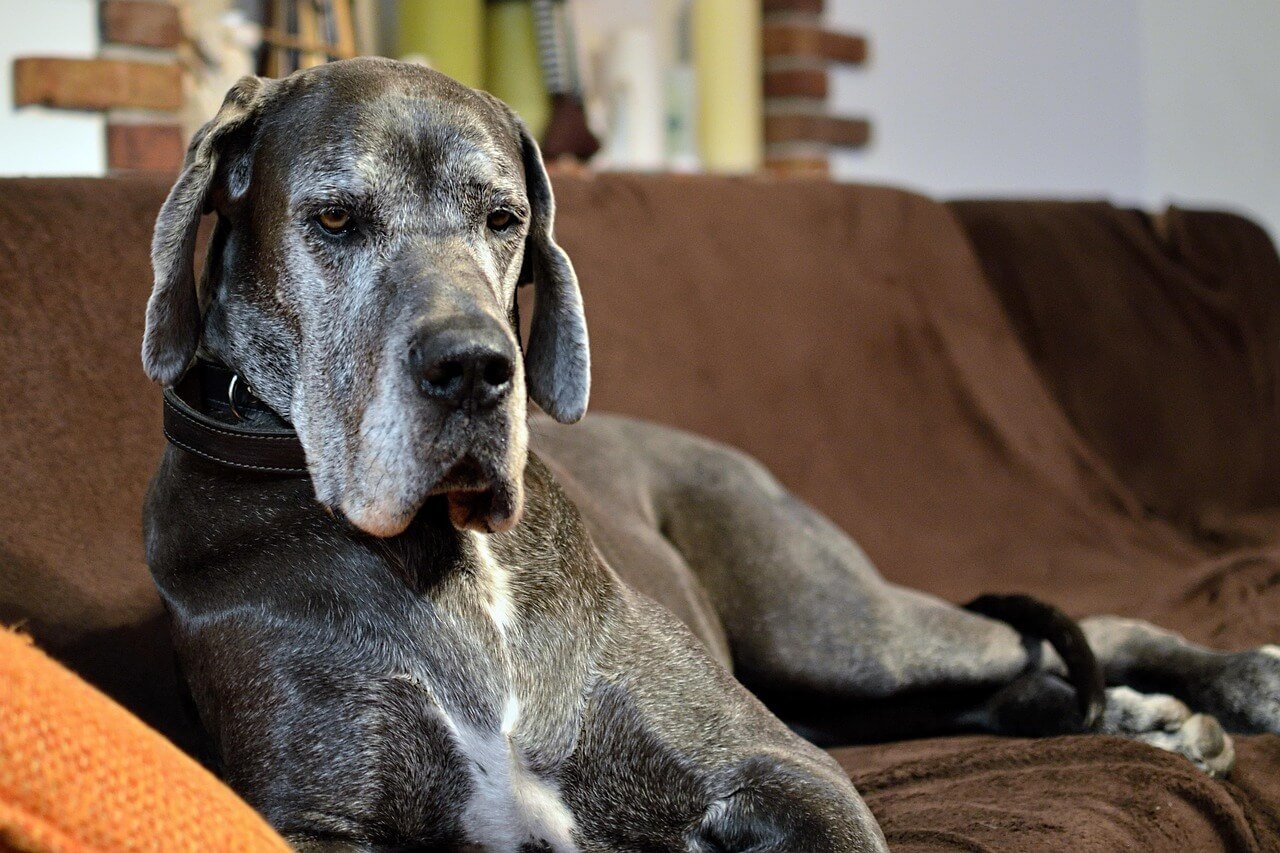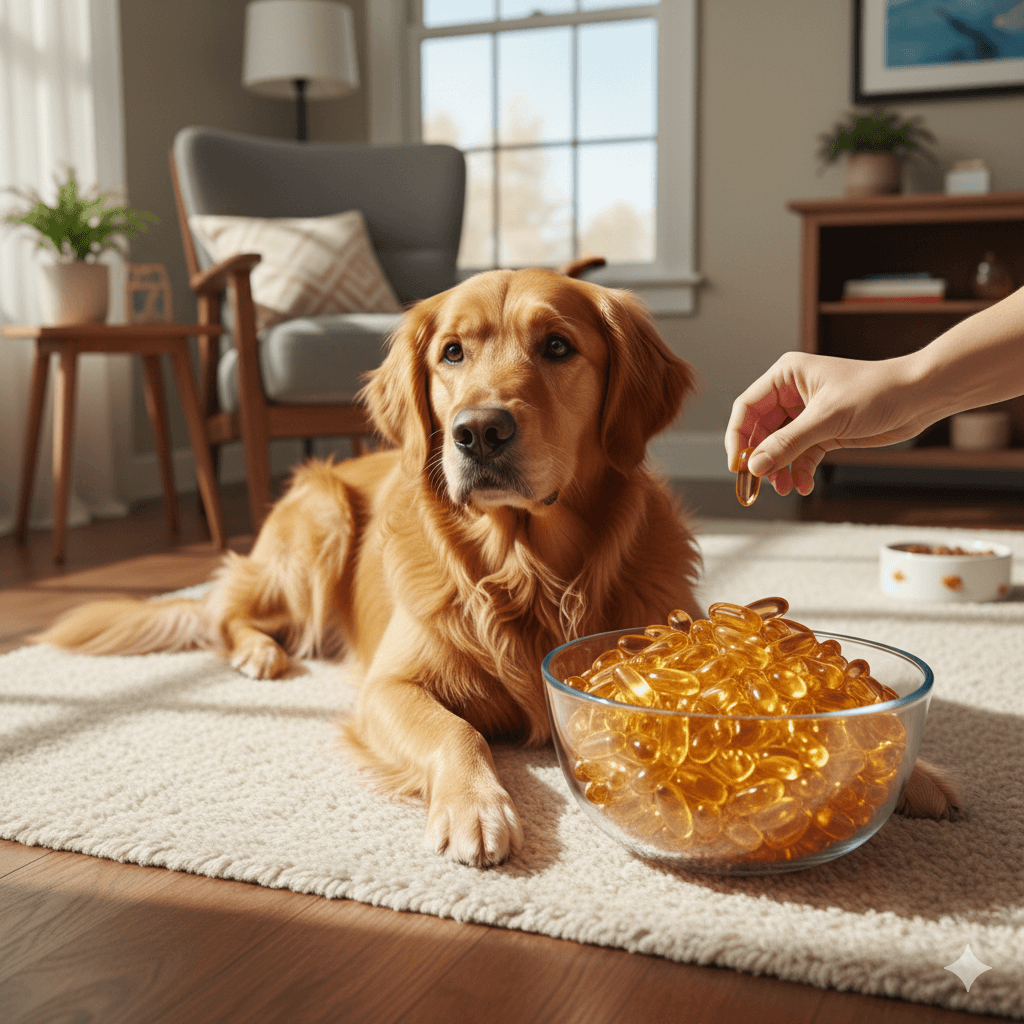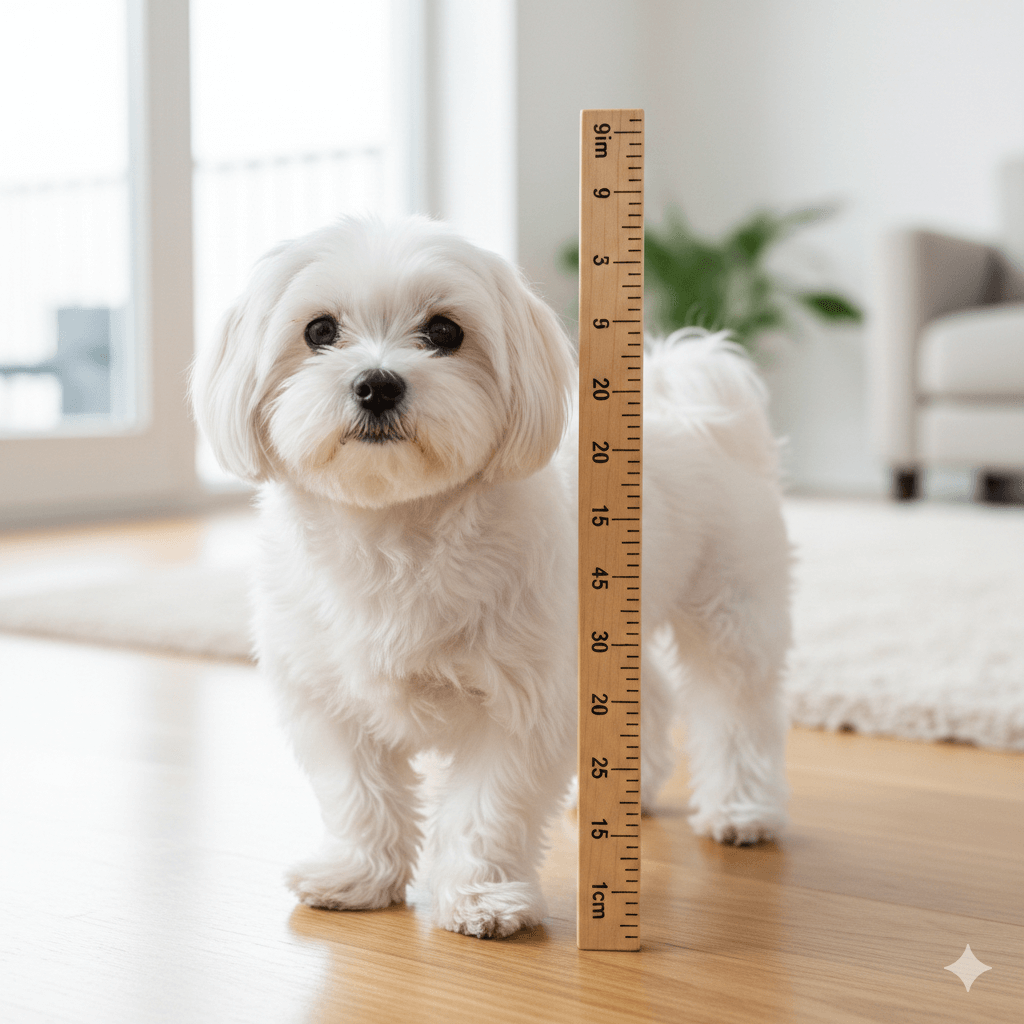Gentle Giant Dog Breeds: The Perfect Blend of Size and Sweetness
When it comes to dogs, size doesn’t always equate to intimidation. In fact, some of the largest dog breeds are known for their gentle and affectionate nature, earning them the nickname “gentle giants.” These magnificent creatures combine imposing stature with a heartwarming personality, making them ideal companions for families, singles, and even those with little experience in pet ownership. Whether you’re looking for a loyal protector or a cuddly couch buddy, gentle giant dog breeds offer the best of both worlds. Let’s dive into what makes these dogs so special and explore why they might just be the perfect addition to your home.
What Defines a Gentle Giant?
Gentle giant dog breeds are characterized not just by their size but also by their temperament and behavior. These dogs are often calm, patient, and loving, despite their towering height and muscular build. Below are some key traits that define these lovable giants:
Large Stature: Gentle giants are among the tallest and heaviest dog breeds, often weighing over 100 pounds and standing several feet tall at the shoulder.
Calm Demeanor: Despite their size, these dogs are usually laid-back and enjoy lounging around with their family members.
Affectionate Nature: They thrive on human interaction and love being close to their owners, whether it’s cuddling on the couch or following you around the house.
Protective Instincts: Many gentle giant breeds have a natural instinct to protect their loved ones, making them excellent guard dogs without being aggressive.
Trainability: While some may require patience due to their size, most gentle giants are eager to please and respond well to positive reinforcement training.
In essence, gentle giants are a harmonious blend of strength and sensitivity, making them cherished members of countless households worldwide.
Popular Gentle Giant Dog Breeds
If you’re considering adding a gentle giant to your family, it’s important to familiarize yourself with the most popular breeds in this category. Each breed has its own unique characteristics and requirements, ensuring there’s a perfect match for every type of owner. Here’s an overview of five beloved gentle giant breeds:
Great Dane: Known as the “Apollo of Dogs,” Great Danes are elegant, friendly, and surprisingly gentle despite their massive size.
Irish Wolfhound: With a dignified appearance and a calm disposition, Irish Wolfhounds are one of the oldest and most revered giant breeds.
Bernese Mountain Dog: These fluffy tri-colored beauties are known for their loyalty, intelligence, and strong work ethic.
Newfoundland: Often referred to as “nanny dogs,” Newfoundlands are renowned for their patience with children and their love for water.
Saint Bernard: Famous for their rescue abilities in the Swiss Alps, Saint Bernards are kind-hearted, dependable, and incredibly devoted to their families.
Each of these breeds brings something special to the table, proving that gentle giants come in many shapes and personalities.
Check this guide 👉Quiet Small Dog Breeds: Best 7 Expert Tips!
Check this guide 👉The Cuddliest Dog Breeds: Best 7 Expert Tips!
Check this guide 👉The Cuddliest Dog Breeds: Best 7 Expert Tips!

Breed Name | Key Traits |
|---|---|
Great Dane | Tall, elegant, friendly, low-energy |
Irish Wolfhound | Calm, dignified, loyal, independent |
Bernese Mountain Dog | Fluffy, intelligent, hardworking, affectionate |
Newfoundland | Patient, water-loving, protective, gentle |
Saint Bernard | Kind-hearted, dependable, rescue instincts, loyal |
Caring for Your Gentle Giant
Owning a gentle giant comes with unique responsibilities due to their size and specific needs. Proper care ensures they live long, healthy, and happy lives while remaining the loving companions we adore. Here are some essential tips for caring for your gentle giant:
Nutrition: Gentle giants require high-quality food formulated for large breeds to support their bone and joint health.
Exercise: Despite their calm demeanor, these dogs still need regular exercise to maintain a healthy weight and prevent boredom.
Grooming: Depending on their coat type, grooming can range from weekly brushing to daily maintenance to keep their fur shiny and tangle-free.
Health Monitoring: Large breeds are prone to certain health issues like hip dysplasia and bloat, so regular vet check-ups are crucial.
Space Requirements: Ensure your home has enough space for them to move comfortably, especially if they’re indoor dogs.
By understanding and meeting their needs, you can ensure your gentle giant remains a joyful part of your life for years to come.
Training Tips for Gentle Giants
Training is essential for any dog, but it’s particularly important for gentle giants due to their size and strength. Early socialization and consistent training help them become well-behaved and manageable companions. Here are some tips to guide you through the process:
Start Early: Begin training and socialization during puppyhood to establish good habits early on.
Use Positive Reinforcement: Reward-based methods work best with gentle giants, as they respond well to praise and treats.
Focus on Leash Training: Teaching them to walk politely on a leash is critical given their size and potential pulling strength.
Be Patient: Some gentle giants may take longer to learn commands, so patience and consistency are key.
Involve Family Members: Encourage everyone in the household to participate in training sessions to reinforce commands and build trust.
With dedication and the right approach, training your gentle giant can be a rewarding experience that strengthens your bond.
Socialization Needs of Gentle Giants
Socialization is a critical aspect of raising a gentle giant dog breed. Due to their large size and sometimes intimidating appearance, it’s essential to ensure they are comfortable around people, animals, and various environments from an early age. Proper socialization helps them develop into well-rounded adults who are confident and calm in different situations. Here are some key points to consider:
Expose Them Early: Introduce your gentle giant puppy to new sights, sounds, and experiences during their formative weeks to build confidence.
Positive Interactions: Ensure all encounters with humans and other animals are positive and rewarding to prevent fear or aggression.
Diverse Environments: Take them to parks, pet-friendly stores, and busy streets to help them adapt to different settings.
Supervised Playdates: Arrange play sessions with other dogs of varying sizes to teach them how to interact appropriately.
Ongoing Practice: Continue socializing throughout their life, as adult dogs can also benefit from new experiences and challenges.
By prioritizing socialization, you’ll raise a gentle giant who is not only a joy to be around but also a polite and friendly member of your community.
Health Considerations for Gentle Giants
Gentle giant breeds are prone to certain health issues due to their large size and rapid growth rates. Owners must be proactive about their care to ensure they live long, healthy lives. Understanding these potential concerns allows you to take preventive measures and address problems early. Below are some common health considerations for gentle giants:
Hip Dysplasia: A genetic condition where the hip joint doesn’t fit properly, leading to pain and mobility issues.
Bloat (Gastric Torsion): A life-threatening condition where the stomach twists; feeding smaller meals and avoiding exercise after eating can reduce risk.
Heart Conditions: Some gentle giants are predisposed to heart diseases, such as dilated cardiomyopathy, which requires regular vet monitoring.
Joint Problems: Arthritis and ligament injuries are common in large breeds; maintaining a healthy weight can alleviate stress on joints.
Lifespan Awareness: Many gentle giants have shorter lifespans than smaller breeds, so cherish every moment and prioritize preventive care.
Being aware of these health concerns empowers you to provide the best possible care and ensure your gentle giant stays happy and healthy for years to come.
Fun Activities for Gentle Giants
Despite their calm demeanor, gentle giants still enjoy engaging in fun activities that cater to their physical and mental needs. These activities not only keep them entertained but also strengthen the bond between you and your furry friend. Whether indoors or outdoors, there’s no shortage of ways to keep your gentle giant active and content. Here are some ideas to try:
Leash Walks: Long, leisurely walks are perfect for gentle giants who love exploring their surroundings at a relaxed pace.
Tug-of-War Games: Their strong jaws make tug toys a favorite, providing both physical exercise and mental stimulation.
Swimming: Many gentle giants, like Newfoundlands, adore water; swimming is an excellent low-impact workout for their joints.
Interactive Toys: Puzzle feeders and treat-dispensing toys challenge their minds while keeping them occupied during downtime.
Cuddle Sessions: Sometimes, the best activity is simply lounging together—gentle giants thrive on companionship and affection.
Incorporating a variety of activities into your routine ensures your gentle giant remains physically fit, mentally sharp, and emotionally fulfilled.
Frequently Asked Questions About Gentle Giant Dog Breeds
Are gentle giant dogs good with children?
Yes, most gentle giants are excellent with kids due to their patient and tolerant nature.
How much exercise do gentle giants need?
While they don’t require intense exercise, daily walks and playtime are necessary to keep them physically and mentally stimulated.
Do gentle giants drool a lot?
Some breeds, like Newfoundlands and Saint Bernards, are known for drooling, while others, like Great Danes, drool less.
Are gentle giants expensive to care for?
Their care costs can be higher than smaller breeds due to food, grooming, and potential medical expenses, but proper planning can mitigate surprises.
What is the lifespan of gentle giant breeds?
Most gentle giants live between 6 and 10 years, though some may exceed this with excellent care.
Why Gentle Giants Make Unforgettable Companions
Gentle giant dog breeds embody the perfect balance of power and tenderness, offering unconditional love and unwavering loyalty to their owners. From their impressive size to their affectionate personalities, these dogs leave an indelible mark on anyone fortunate enough to share their lives with them. Whether you’re drawn to their majestic presence or their nurturing spirit, gentle giants have a way of turning houses into homes. If you’re ready for the commitment, welcoming one of these extraordinary dogs into your life could be the beginning of a beautiful journey filled with joy, laughter, and countless memories.
Can You Give a Dog Too Much Fish Oil? Best 7 Expert Tips! – Discover safe dosages, risks of overuse, and how to boost your dog’s health with fish oil.
Noise Phobia in Cats: Best 7 Expert Tips! – Discover causes, symptoms, and solutions to help your cat cope with noise-related anxiety effectively.
Noise Phobia in Dogs: Best 7 Expert Tips! – Learn how to calm your dog during storms, fireworks, and loud noises with expert strategies. Reduce anxiety safely!
Understanding Maltese Dog Height: Best 7 Expert Tips! – Discover the ideal height, care tips, and unique traits of this petite, elegant breed. Perfect for small spaces!





